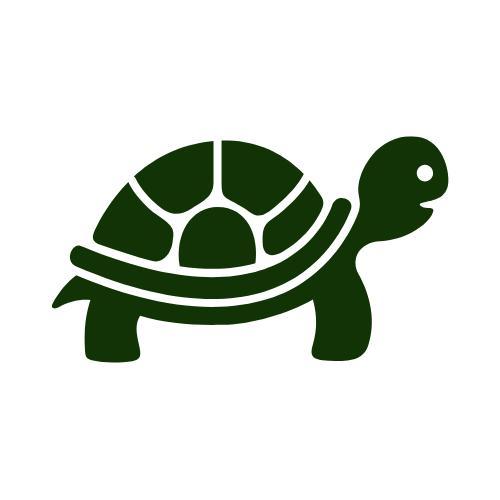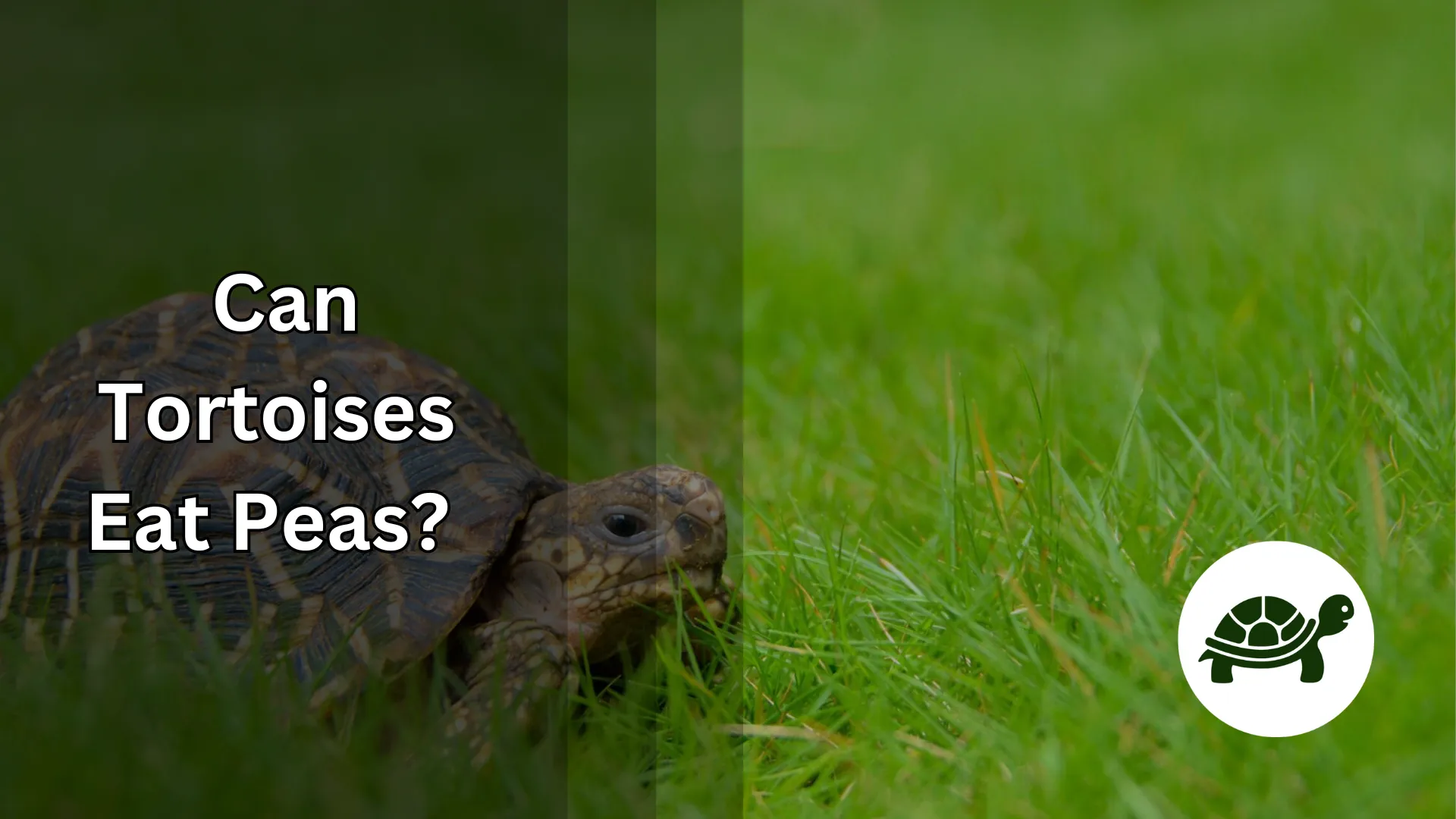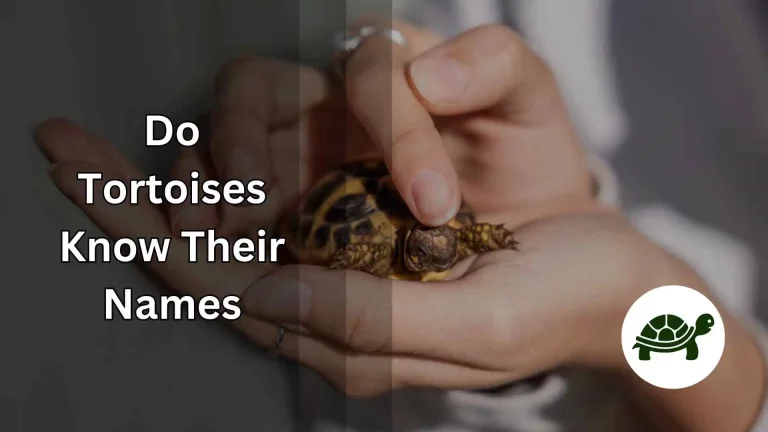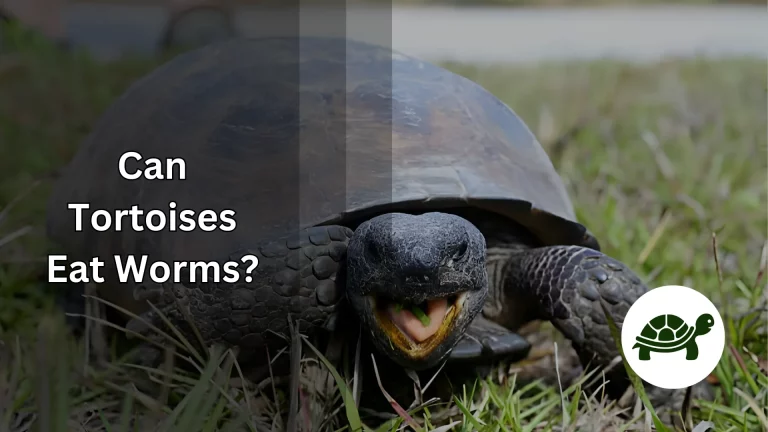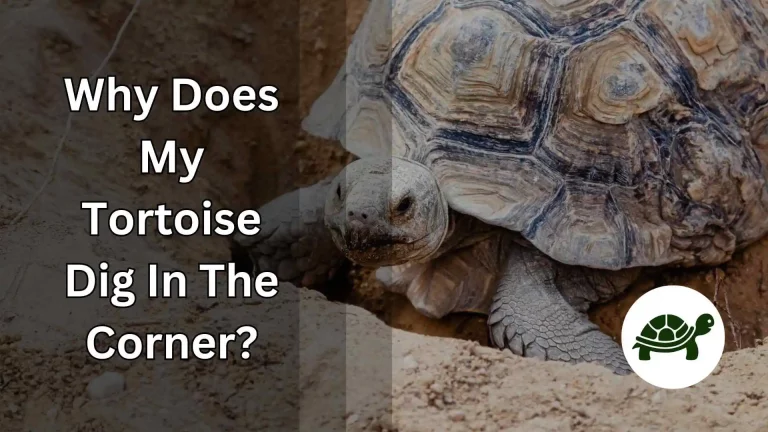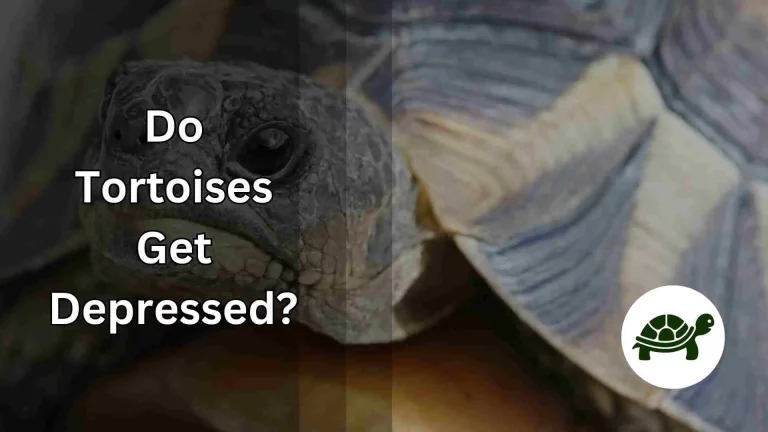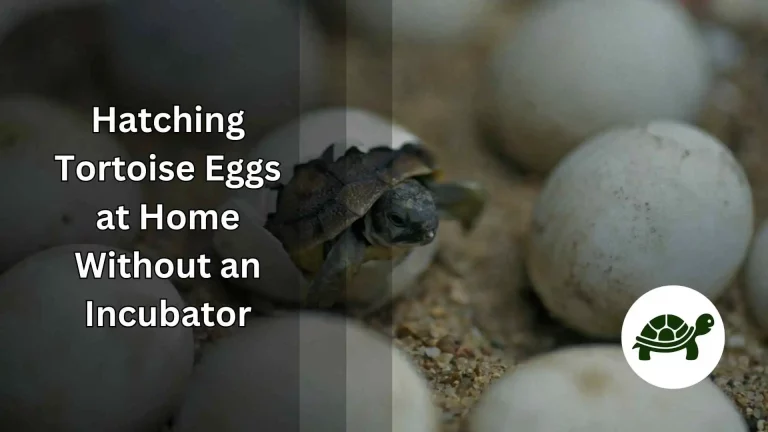Can Tortoises Eat Peas? – All You Need To Know
When it comes to the diet of our shelled companions, the question of what foods are safe and nutritious is always a top concern for tortoise owners. Tortoises, known for their slow pace and long lifespan, require a well-balanced diet to maintain their health and vitality. But when we think of feeding these gentle reptiles, we often find ourselves puzzled over certain foods, like peas. Are these small, green legumes a safe option for your tortoise’s meal plan? This question not only piques the curiosity of tortoise enthusiasts but also highlights the complexities of reptile nutrition.
Understanding what to feed your tortoise is crucial for its well-being. In this post, we delve into the specifics of whether peas are a suitable choice for your tortoise’s diet. We’ll explore the nutritional aspects of peas and how they align with the dietary needs of your pet tortoise. Whether you’re a seasoned tortoise keeper or a new enthusiast, this guide aims to provide you with clear, practical advice on feeding your tortoise right.
Understanding Tortoises’ Dietary Needs
Tortoises are unique creatures, and their diet is a crucial part of their health. Unlike other pets, tortoises thrive on a specific range of foods. It’s not just about what they eat, but also how these foods affect their overall health and longevity. Most tortoises are herbivores, meaning their diet consists mainly of plants. This includes a variety of leafy greens, vegetables, and, occasionally, fruits. Each species of tortoise has its own dietary preferences and nutritional requirements, making it essential to understand what suits your pet best.
In the wild, tortoises consume a diverse range of plants. This diet is low in fat and protein but high in fiber. It’s this balance that keeps them healthy. For pet tortoises, replicating this diet can be challenging. Many owners wonder about including common vegetables, like peas, into their tortoise’s diet. It’s important to note that what works for one tortoise species might not be suitable for another. Therefore, knowing the specific dietary needs of your tortoise species is key. Research and consultation with a vet can help in making informed decisions about your tortoise’s diet.
The Nutritional Profile of Peas
Peas are more than just a common vegetable. They are packed with nutrients that can play a role in a healthy diet. Rich in vitamins, minerals, and fiber, peas offer a blend of nutrition that’s hard to ignore. They contain Vitamin A, Vitamin K, and a range of B vitamins. These are essential for maintaining good health in many animals. Peas are also a source of minerals like magnesium, iron, and potassium. All these elements are crucial for various body functions.
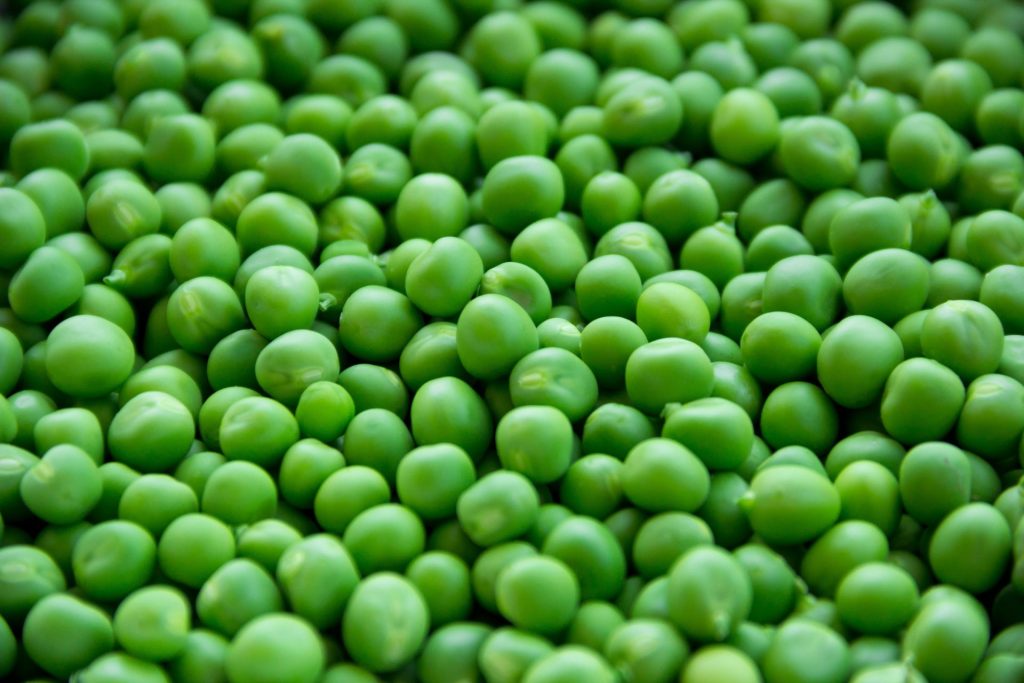
But it’s not just about the vitamins and minerals. Peas are also high in fiber, which is great for digestion. Plus, they have a decent amount of protein for a vegetable. However, it’s important to remember that what’s nutritious for humans isn’t always suitable for animals, like tortoises. The question remains: do these nutrients benefit tortoises in the same way they benefit us? Understanding this is key to deciding whether to include peas in your tortoise’s diet. Next, we’ll explore if these nutritious little veggies are a good choice for your shelled friend.
Can Tortoises Safely Eat Peas?
The big question for tortoise owners is whether it’s safe to include peas in their pet’s diet. The answer is Yes. While peas offer numerous health benefits for humans, the effects on tortoises can be different. It’s crucial to understand that not all foods suitable for us are ideal for tortoises. Each type of food impacts a tortoise’s health in unique ways. With peas, there are a few factors to consider.
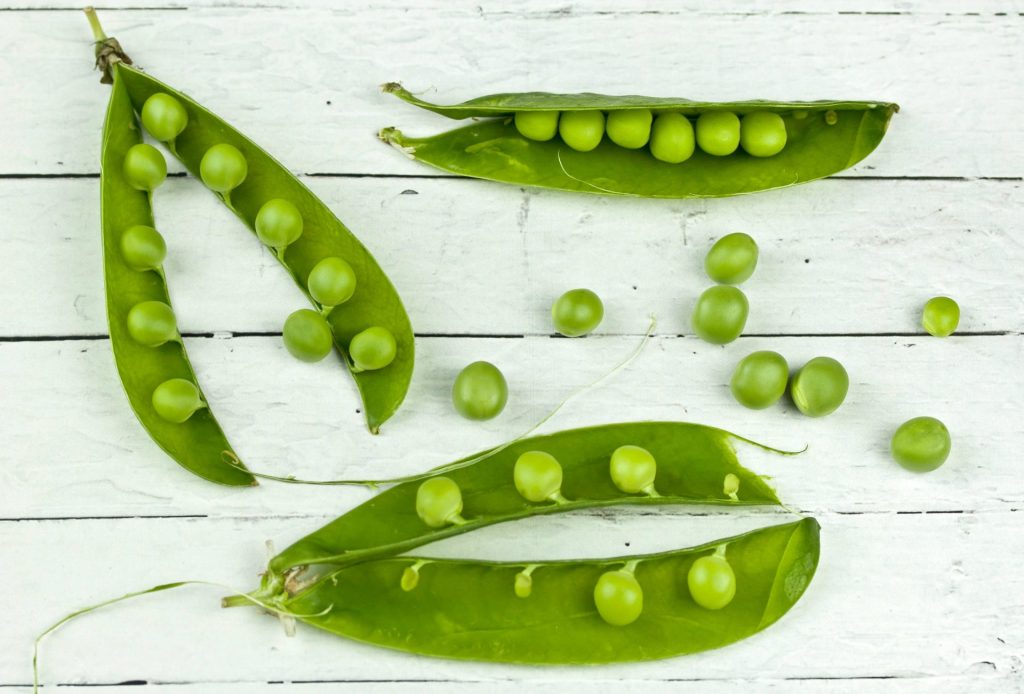
Firstly, peas contain a moderate amount of oxalates. Oxalates can bind to minerals in the body, potentially causing health issues for tortoises if consumed in large amounts. Secondly, the protein content in peas is higher than what’s typically recommended for most tortoise species. Excessive protein can lead to shell and kidney problems in tortoises. Therefore, while peas aren’t toxic, they should be offered in moderation, considering these risks.
However, the suitability of peas also depends on the species of your tortoise. Some tortoises may handle certain foods better than others. It’s always a good practice to consult with a veterinarian who specializes in reptiles. They can provide tailored advice based on your tortoise’s specific dietary needs and health. Remember, a balanced and appropriate diet is key to keeping your tortoise healthy and happy.
How to Safely Introduce Peas into a Tortoise’s Diet
If you’ve decided to give peas a try in your tortoise’s diet, it’s important to do so carefully and correctly. Introducing any new food to a tortoise should be a gradual process. This is to ensure that your tortoise adjusts well and doesn’t experience any adverse reactions. Here’s a simple guide to help you safely incorporate peas into your pet’s meals.
Start by offering a small amount. When introducing peas, begin with just one or two peas mixed into their usual food. This small portion allows you to observe how your tortoise reacts to this new addition. Watch for any signs of digestive upset or changes in behavior, which can indicate that peas might not be suitable for your tortoise.
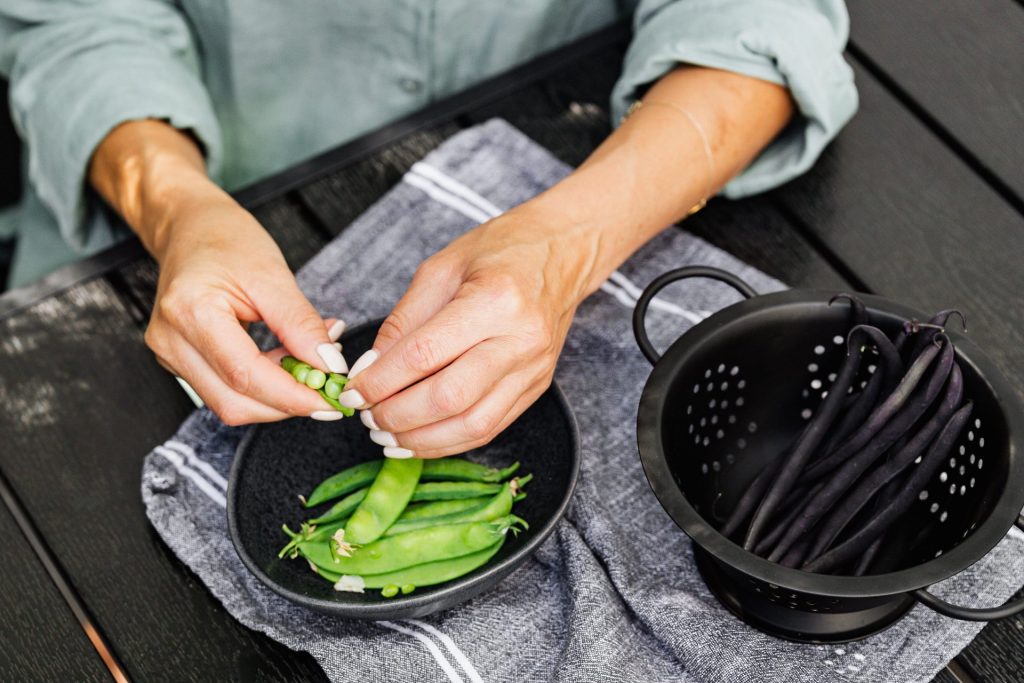
It’s also crucial to maintain a varied diet. Peas should only be a small part of a diverse and balanced diet. This variety is key to providing all the necessary nutrients for your tortoise. Stick to giving peas as an occasional treat rather than a staple food. Doing so ensures that your tortoise gets the right balance of nutrients without the risks that come with overfeeding a single type of food.
Lastly, always choose fresh or frozen peas over canned ones. Canned peas often contain added salt or preservatives, which are not good for tortoises. By selecting fresh or frozen peas, you’re offering a healthier, more natural option to your pet.
Is Pea Peel Safe to Consume for Tortoises?
When it comes to feeding tortoises, every detail matters, even the pea peel. Many tortoise owners wonder if the peel of peas is safe for their pets. The pea peel, or pod, is often overlooked, but it’s an important part of considering the whole food’s safety. Let’s delve into whether pea peels are a good choice for your tortoise.
Pea peels are generally considered safe for tortoises. They are soft, easy to chew, and don’t pose a choking hazard. However, the same rules apply as with the peas themselves. Moderation is key. Pea peels are fibrous and can add variety to your tortoise’s diet, which is beneficial. But, they should only be a small part of a well-rounded diet. Overfeeding pea peels, like any other food, could lead to digestive issues.
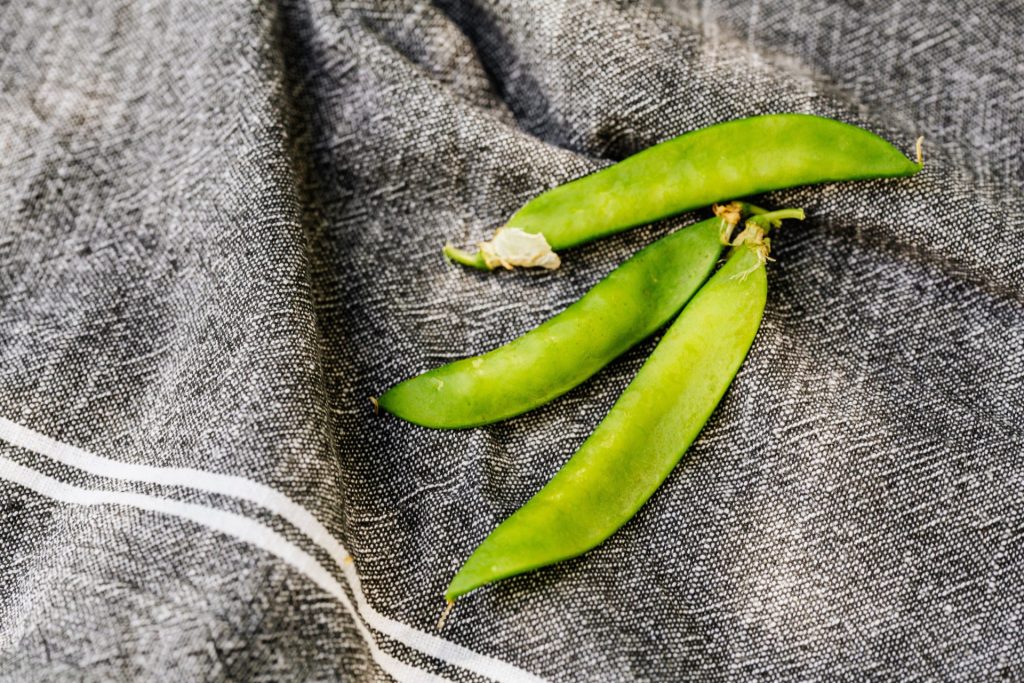
Before feeding pea peels, ensure they are thoroughly washed to remove any pesticides or chemicals. Organic pea peels are the best choice to avoid these harmful substances. Introduce them slowly into your tortoise’s diet and observe how your pet reacts. If there are no adverse effects, pea peels can be a nutritious and enjoyable snack for your tortoise, offering a change from their regular diet.
Remember, the overall health and well-being of your tortoise should always be the priority. Consulting with a veterinarian, especially one specializing in reptiles, can provide valuable guidance on including pea peels in your tortoise’s diet.
Frequently Asked Questions (FAQs)
1. What are the best vegetables to include in my tortoise’s diet?
A balanced tortoise diet should include a variety of leafy greens and vegetables. Safe options include dandelion greens, kale, bell peppers, and squash. It’s important to offer a mix to ensure a range of nutrients. Remember, the specific needs can vary based on the tortoise species, so consult with a vet for personalized advice.
2. How often should I feed my tortoise?
The feeding frequency for tortoises depends on their species, age, and health. Generally, young tortoises should be fed daily, while adults may do well with feeding every other day. Portion size and diet composition are crucial to prevent obesity and health issues. Regularly consult with a reptile veterinarian to tailor the feeding schedule to your tortoise’s needs.
3. Can tortoises eat fruits, and if so, which ones are safe?
Yes, tortoises can eat fruits, but they should be given in moderation due to their high sugar content. Safe fruits include apples, pears, melon, and berries. Fruits should only be a small part of the diet, serving as an occasional treat rather than a staple.
4. How do I know if my tortoise is eating a well-balanced diet?
Signs of a well-balanced diet in tortoises include regular, healthy bowel movements, a smooth shell, and an active lifestyle. If your tortoise shows signs of lethargy, shell deformities, or other health issues, it might indicate dietary imbalances. Regular check-ups with a veterinarian specializing in reptiles are essential to assess and adjust your tortoise’s diet.
5. Are there any foods that are strictly off-limits for tortoises?
Yes, certain foods should never be fed to tortoises. These include dairy products, bread, processed foods, and high-fat foods like nuts and seeds. Also, avoid feeding plants that are toxic to tortoises, such as rhubarb, avocado, and tomato leaves. Always research and consult with a vet before introducing new foods to your tortoise’s diet.
Conclusion
In conclusion, understanding and catering to the dietary needs of your tortoise is vital for its health and longevity. We’ve explored the nuances of including peas in a tortoise’s diet, emphasizing the importance of moderation and species-specific needs. Remember, while peas can be a nutritious addition, they should be a small part of a diverse diet. This approach ensures your tortoise receives all the necessary nutrients for a healthy life. It’s also crucial to stay informed and consult with reptile veterinarians for personalized advice, as tortoise care is a continuous learning process.
Finally, the journey of providing the best care for your tortoise is both rewarding and enriching. By being mindful of their dietary requirements and health, you not only contribute to their well-being but also deepen the bond you share with your shelled friend. Keep exploring, learning, and loving your role as a responsible tortoise owner. Your pet’s health and happiness are a testament to your dedication and care.
